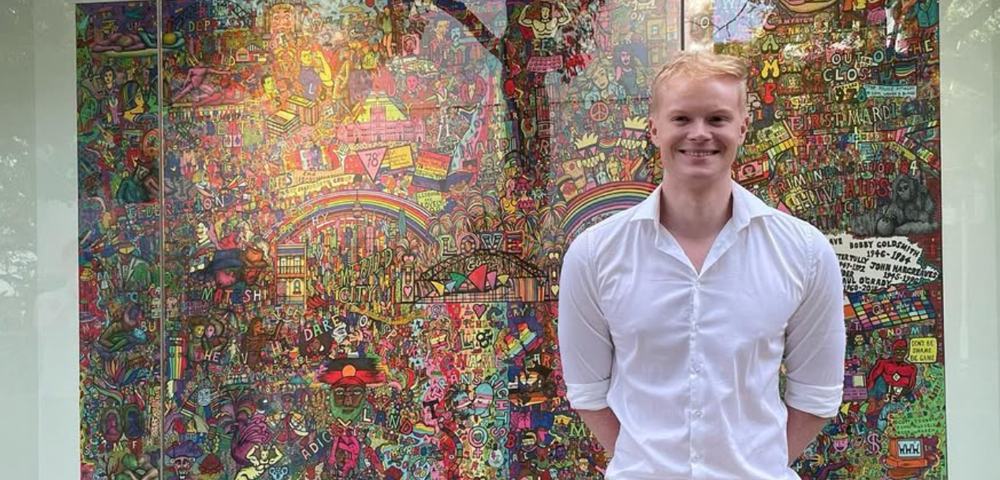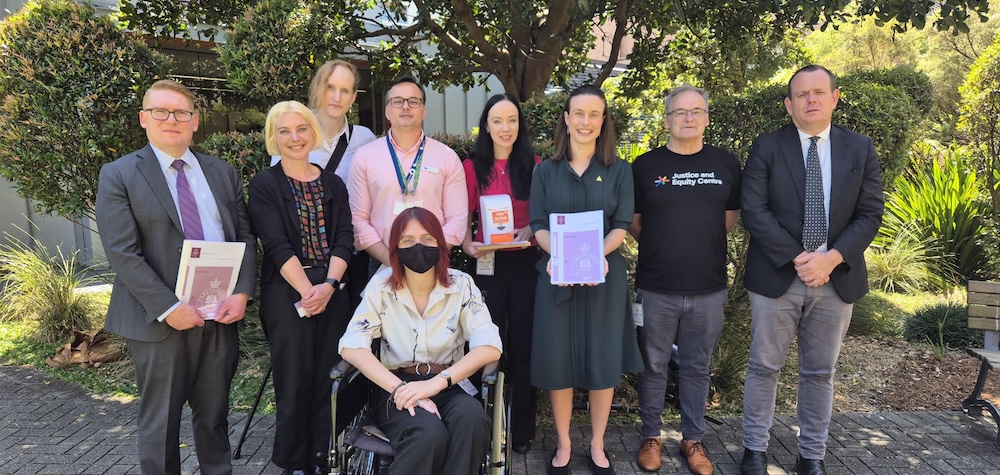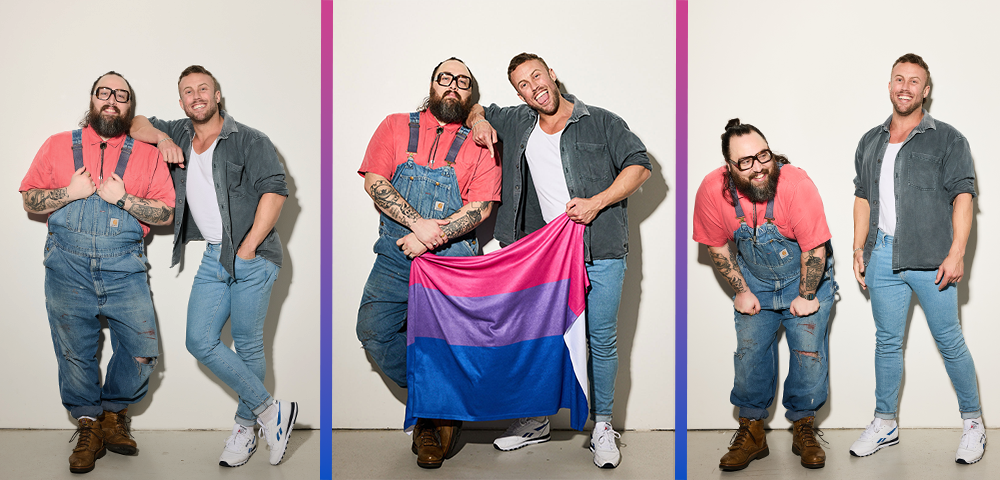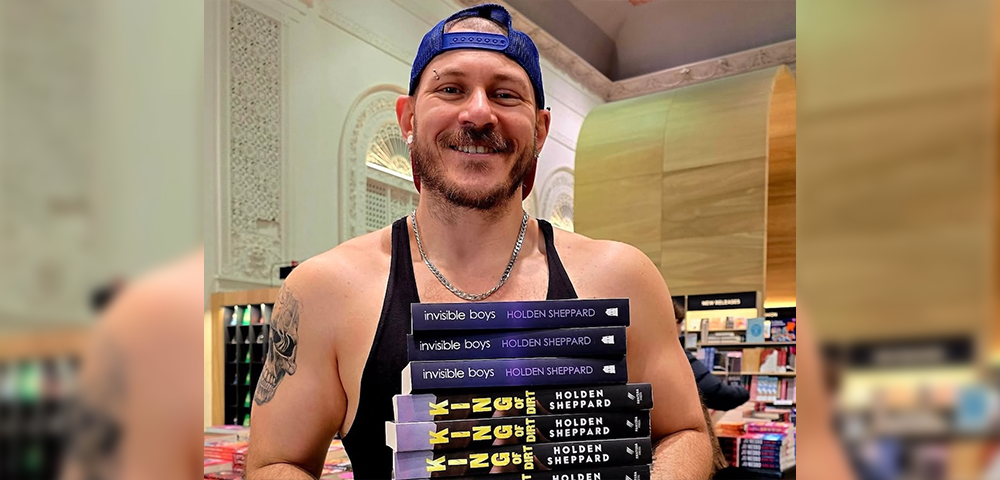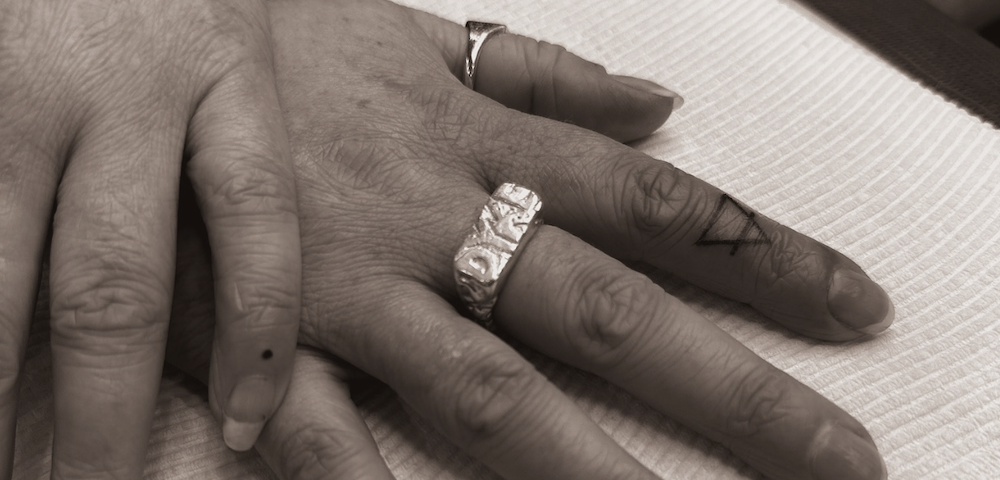
Queer Feelings And The Law In The Time Of COVID

Our best lives were put on display; our difference seemingly acknowledged within the law just three years ago as the political discourse centred on rights to equality. The reservations about the imposition of a hetero-legalistic-normative framework in the acknowledgement of relationships and as marriage being presented as the marker of love were typically unspoken as we queers had our moment of recognition. The law, so often an institution that diminished us individually and collectively, welcomed us.
The everydayness of the legal response to the pandemic, however, has illustrated to queer people that our reservations were legitimate. As the Victorian Chief Health Officer cycles through more and new public health orders, queer lives, queer feelings, queer bodies are nowhere to be found. In fact the experience of the public health orders is to hide us and our relationships from the public discourse, to render our lives abnormal – again. Our response has been to retreat and exist on the edges of the law – for our safety; the way our queer forebears did and as many parts of the LGBTQI community still do to protect themselves from the wrath of the tabloid class.
A particular brand of unease exists for queer bodies under a surveillance state such as the current Victorian lockdown directives. Monitoring by neighbours, police, and bureaucrats echoes of a time when this was a very real everyday reality for gay men and continues today for many trans people. This is amplified by heteronormative ideals perpetuated by the Chief Health Officer directions, which set out a ‘legitimate’ way of living in a pandemic. They are framed around a notional person in a monogamous relationship, able to mobilise to get tested, able to work from home. The orders re-enforce that the nuclear family or its precursor as the only ‘legitimate’ form of ‘family’ unit.
In friendship groups, however, we have seen households merge, very non-nuclear, queer, families form – especially when the ‘traditional’ family unit is unavailable for many queer people. This has been in substitution for the visitation exception for ‘intimate personal relationships’. Strong platonic bonds of a chosen family, it has been reasoned, fall within or alongside this term. Even if not technically within the definition provided by law. Reference has been made to the New Zealand lockdown which expanded visitation exceptions of an ‘intimate personal relationship’ to include a nominated support person. This is a less normative definition and accommodates those, including queer bodies, who inhabit space outside of a heteronormative ideal.
Taking to Twitter, frequent casual ‘hook ups’ with multiple partners were unequivocally cast as irresponsible and unlawful; formalising a monogamous ‘friends with benefit’ arrangement were ok as these could be viewed through the existing language of ‘intimate personal relationship’; and others had ‘nominated’ a close friend as their ‘partner’ where they were otherwise single. Whereas these arrangements can be seen as outside of the law, they also invite a relevant critique, especially as researchers begin to challenge the absence of mental health awareness about these public health orders.
Perhaps it is an inaccurate generalisation from qualitative small set data only, but historically being outside of the law may have facilitated a readiness to subvert regulations perceived as overlooking queer bodies. Is this a queer/straight divide? Is it gendered? Is the situation really that gay men possess a socialised male arrogance that knows better than others (including the law)? Or is this a survival response of queer bodies overlooked once again by those in power? That is not to say there is complete disregard for the pandemic, a large degree of self-regulation remains. Queer bubbles, self-supporting and community-minded, have been devised. Queer disease responses and approaches are informing these arrangements; yet they continue to be sidelined for a top-down punitive war-like response. Objections and limitations to the language of war being co-opted for pandemics and other medical issues like cancer or HIV have been better addressed elsewhere, often by queer commentators. They like me, however, wonder, that perhaps it is our experiences, our lives, and our queerness that is what is needed to navigate out of the pandemic using a more nuanced and inclusive legal framework.




